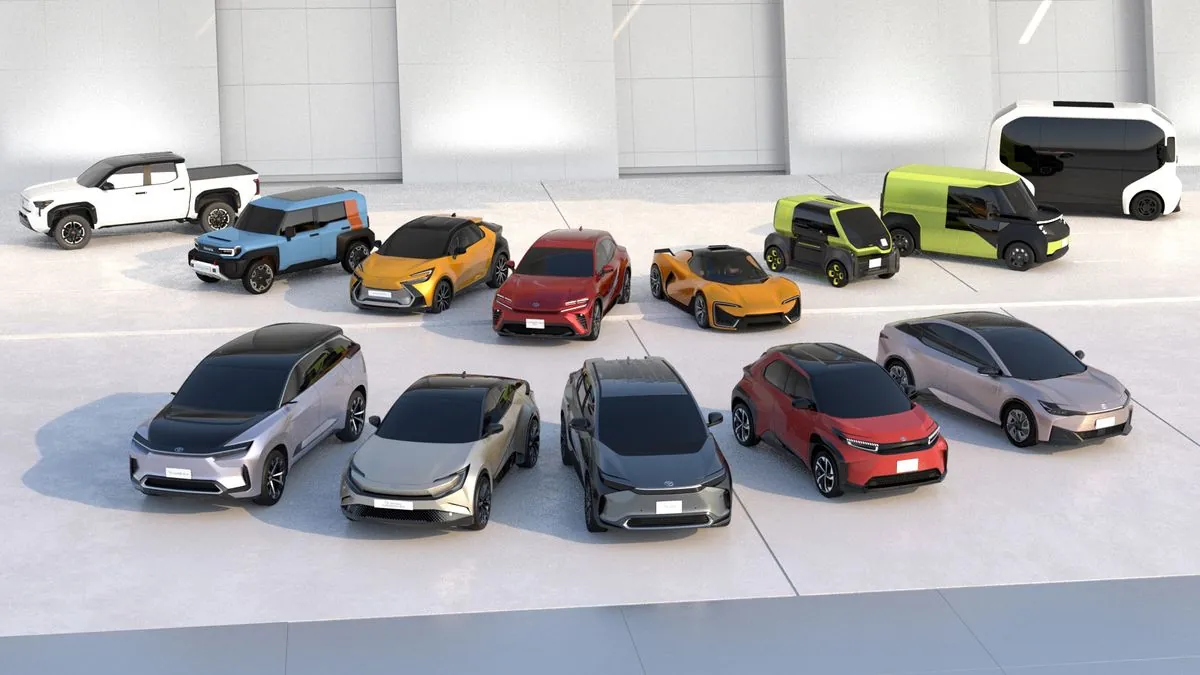UK Car Market Shift: Extended Waits for Petrol Models, EV Deliveries Accelerate
New data reveals extended waiting times for petrol cars in the UK, while electric vehicle deliveries improve. Industry experts suggest the zero-emission mandate may be influencing market dynamics.

Recent industry data indicates a significant shift in the UK automotive market, with customers facing extended waiting periods for new petrol vehicles while electric car deliveries are accelerating.
According to information compiled by ALD Automotive Leaseplan, motorists ordering new petrol cars may encounter delays of up to six months. This contrasts sharply with the improving delivery times for electric vehicles (EVs), which have seen substantial reductions in wait times over the past year.
The data reveals that delivery times for new petrol or diesel Volkswagens are now 25% longer than for their electric counterparts. For instance, customers ordering a petrol-engine Volkswagen Touareg on a lease contract might wait up to 19 weeks, whereas the all-electric Volkswagen ID.4 SUV could be delivered in just three months.

This trend extends to other brands as well. Audi, part of the Volkswagen Group, has dramatically reduced its EV delivery times from nearly three months to just one month, while petrol and diesel buyers still face an average six-week wait.
Industry experts suggest that the Zero Emission Vehicle (ZEV) mandate, implemented in 2024, may be influencing these market dynamics. The mandate, introduced by Boris Johnson's government, requires 22% of new cars sold by year-end to be electric, with non-compliant manufacturers facing potential fines of £15,000 per vehicle.
Robert Forrester, chief executive of car dealer chain Vertu Motors, has raised concerns about potential supply restrictions on petrol and hybrid cars, stating:
"In some franchises, there's a restriction on supply of petrol cars and hybrid cars, which is actually where the demand is. It's almost as if we can't supply the cars that people want, but we've got plenty of the cars that maybe they don't want."
However, car manufacturers have denied deliberately holding back vehicles. A Volkswagen spokesperson emphasized their commitment to meeting diverse consumer demands across their brand portfolio, which includes Audi, SEAT, CUPRA, Škoda, and Volkswagen.
Stellantis, the parent company of Vauxhall, Peugeot, and Fiat, acknowledged the challenges posed by the ZEV mandate but stated their commitment to achieving compliance this year, even if it results in lower sales volumes than initially planned.
Jaguar Land Rover reaffirmed their electrification strategy, aiming for net zero carbon emissions by 2039 and anticipating compliance with the overall ZEV mandate from 2024 onwards.
The Society of Motor Manufacturers and Traders, representing the UK car industry, has previously attributed lower supplies of certain models to manufacturers halting production while retooling factories for EV production.
Despite these challenges, data from Carwow, a car buying comparison website, suggests that average waiting times across major brands have generally decreased since last year, indicating ongoing efforts to streamline production and delivery processes in response to market demands and regulatory requirements.
As the automotive industry continues its transition towards electrification, consumers and manufacturers alike are adapting to new market realities shaped by environmental regulations and changing consumer preferences.


































